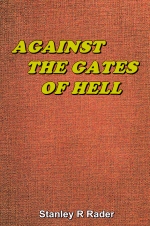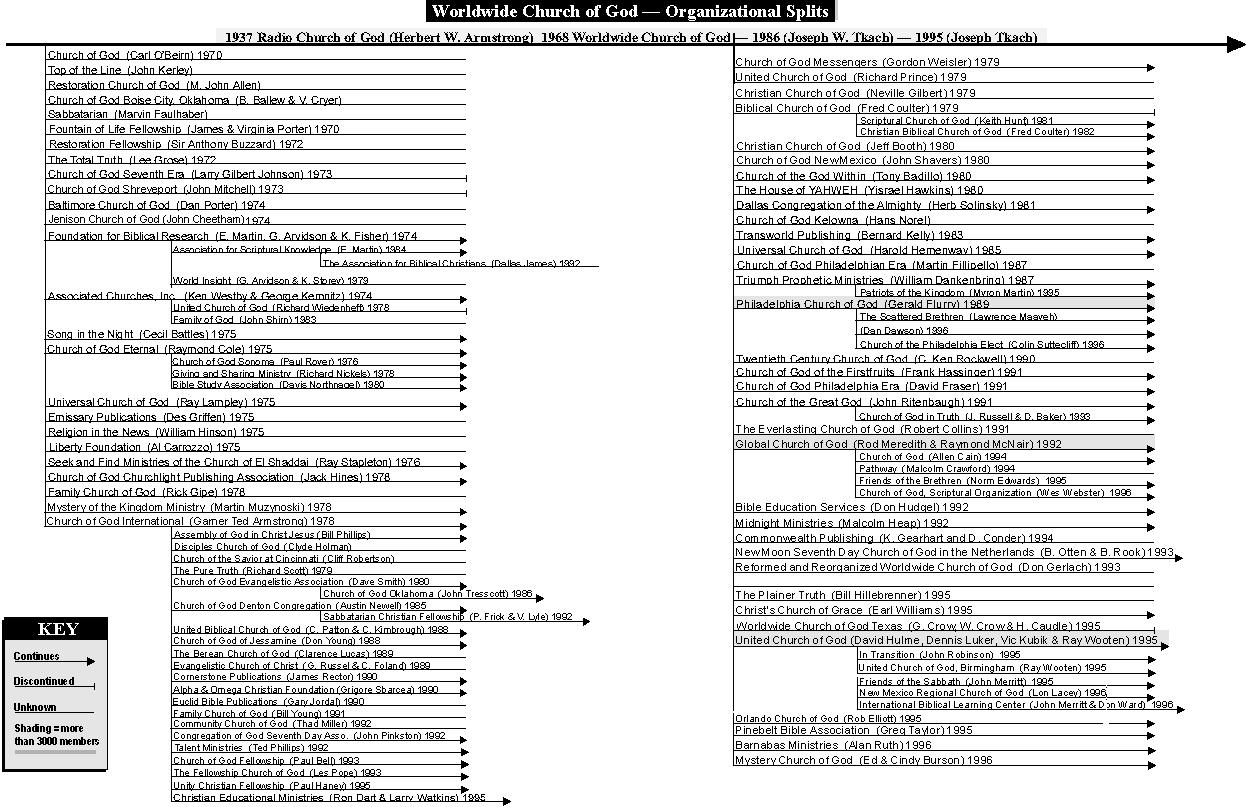Worldly power taking over faith or religious leaders taking worldly power hardly ever gets well.
My religion is biased in this, as Muhammad (p.b.u.h) actually did the latter, as there were no stately institutions in East Arabia in his time. From where, there have always been goveners who instrumentalised religion for their worldly power, and at the same time struggling against religious people who may take over the power.
And those religious people who succeeded in taking over the power all failed tremendously.
....
You can give yourself a break so far as the Prophet Muhammad goes. He did not take worldly power, he respected it and set a good example of the separation of religious and worldly authority. But history is written by the victors. The Sirah and most of the Hadith, the accounts that give us the historical picture of what the Prophet Muhammad was doing, were written in the time of the Caliphs. They present Muhammad as if he was the Caliph of Medina. But between the lines, and in the Qur'an, we can see a different picture. The Banu Qurayza massacre is an example: Muhammad did not make the decision, he followed custom, he obeyed the decision.
In the Qur'an, Muhammad is the Messenger of God and leader of the religious community, but is not given any civil authority:
I [Muhammad] am not over you as a warder…(6:104)
We have not set you [Muhammad] over them as a warder, and you are not over them as a guardian. (6:107)
We have sent you to the people as a messenger … whoever obeys the messenger has obeyed God, and as for those who turn away, we have not sent you as a warder over them. (4:79-80)
We know what they say: you do not have the power of enforcement over them. Cause them to remember, through the Quran … (50:45)
(and many more similar verses)
Anyone with an Arabic concordance can multiply these examples, by following the Arabic terms for the words messenger, warner, preacher, witness, summoner, one who calls to remembrance and one who brings good news, and also the terms for the roles Muhammad does
not have: warder, guardian, ruler and similar. Without pretending to be exhaustive, see the verses 2:119, 11:2, 13:40, 14:52, 28:46, 29:50, 32:3, 34:46, 35:23, 37 and 42, 38:65 and 70, 41:4, 42:6, 44:12, 46:9, 51:50-1; 67:8-9 and 26.
When we put these verses together, it becomes clear that the very meaning of Muhammad’s most common title,
rasuul or messenger, is “the one who warns, preaches summons and bears witness, but who does not have the function of warder, guardian or ruler, nor any power to compel.” And when we see how numerous such verses are, it begins to appear as if
the distinction between prophetic and temporal authority is one of the central themes of the Quran.
Similar declarations about demarcated religious authority are made concerning the Quran or
Furqan, which is a warning (25:1), about all the prophets collectively (6:48, 34:34,44, 35:24, 18:56, 29:18, 36:17) who are all sent only to preach (16:35), and also about individual prophets such as Noah (71:1-2), Moses (17:105, 5:21, 5:28), Hud (46:21), Lot (54:33-36), and Jesus (5:49). The Prophet Shu’aib says ‘I am not set over you as a warder’ (11:86).
Muhammad is called “one of the warners of old” (53:56), placing him in the same line as all of these figures, whose warnings have been rejected, along with the prophets who brought them.
I have more on this on my blog at :
Church and State in Islam
and look also for "Muhammad at Medina" and "church and state in scripture."
The short version is: the scriptures of all the Abrahamic religions endorse the "render to Caesar" principle. Islam is not an exception. "This is the ancient Faith of God, eternal in the past, eternal in the future." Superficial things change, but the essential truths are only re-translated in the language of the time.


